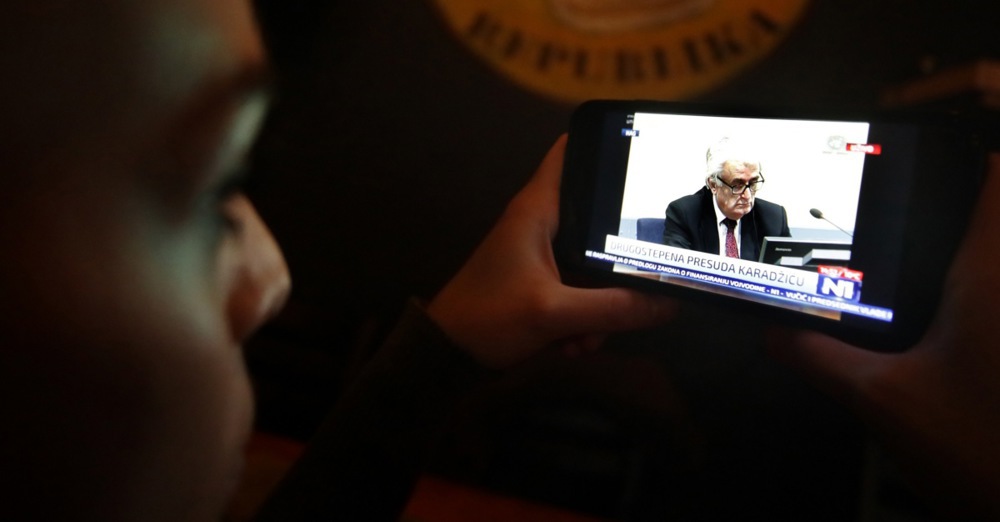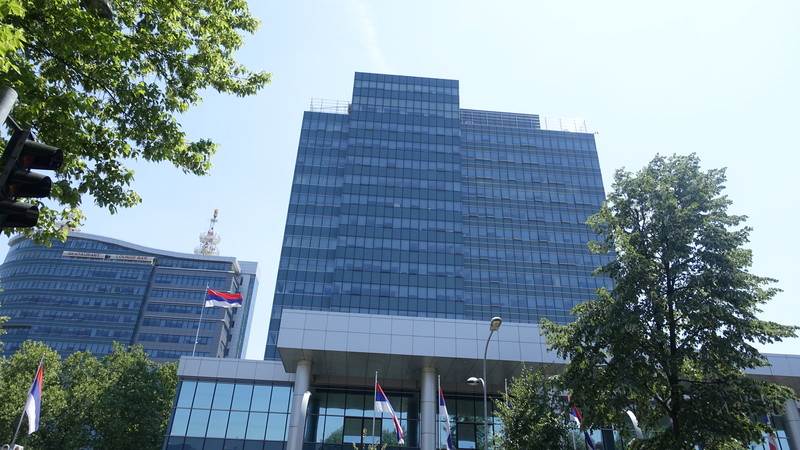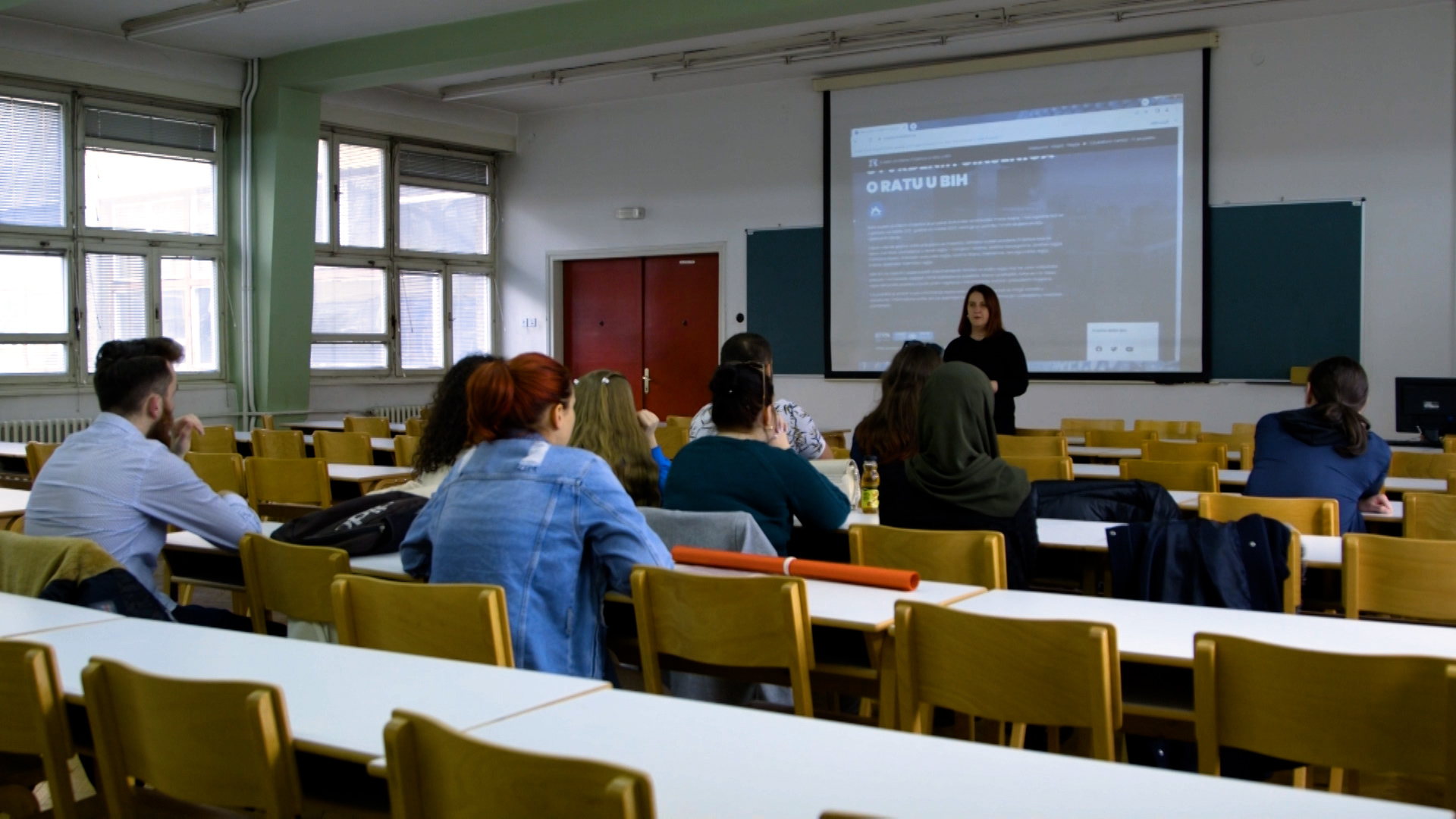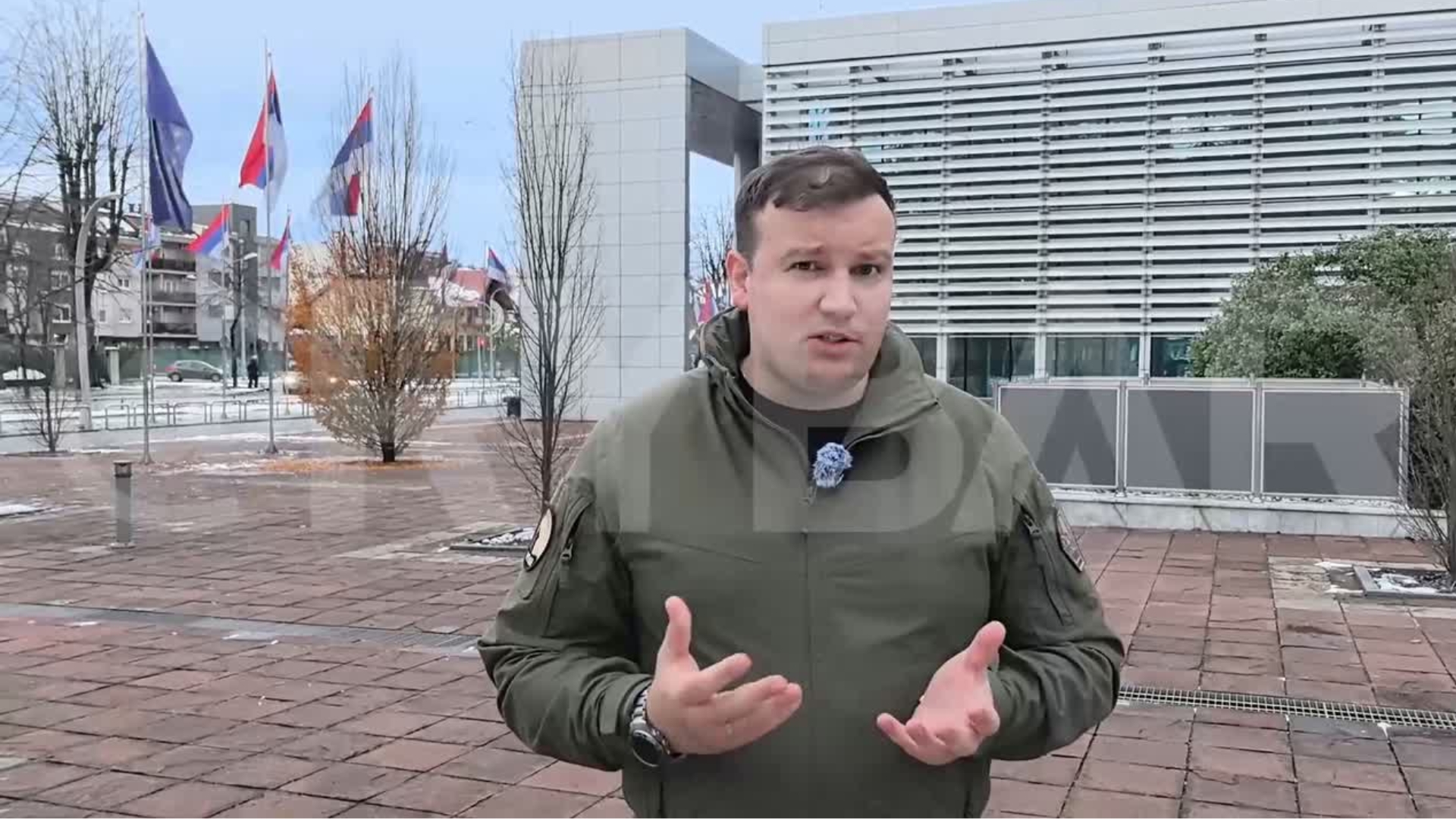This post is also available in: Bosnian
It was only after numerous media reports on the changes that the Ministry of Education and Culture of Republika Srpska announced that it had approved the proposed curriculum submitted to it by the Republic Pedagogical Institute.
“Figures like Ratko Mladic and Radovan Karadzic, as well as others, represent people who performed significant functions in the military and political life of Republika Srpska during the period under study, so they can therefore not be excluded when presenting the events related to the emergence of Republika Srpska and the Defensive War of Liberation,” the ministry stated.
War victims’ organisations and rights activists have condemned the move.
Ignoring the facts is “a crime against young people”, said Branko Todorovic, executive director of the Helsinki Committee for Human Rights in Banja Luka.
He said it was “an attempt to turn people who committed monstruous crimes during the war into heroes”, and described the curriculum as institutional indoctrination intended to glorify war criminals.
“Instead of facing the past, instead of science, instead of facts, we are dealing with fakery,” Todorovic said.
“Those young people are actually being deprived of the knowledge of objective facts,” said Goran Simic, an expert in criminal law and transitional justice.
He said he believed that pupils in Republika Srpska mostly know of the existence of the Hague Tribunal verdicts convicting Karadzic and Mladic, but they now are being taught in school not to respect them.
Creating a parallel world

According to Republika Srpska’s Education Ministry, the goal of the new curriculum is to present events and figures from the recent past to students in an objective and unbiassed manner, so they develop critical thinking about what happened during what the ministry calls the Defensive War of Liberation.
It said that most of the new material was already included in the curriculum and textbooks previously, but that an expert team expanded the some of it and provided a new teaching manual for schools on how to implement the topic, with accompanying photographs, documents, films and testimonials from the time.
The current history textbook for the ninth grade of elementary school in Republika Srpska covers what it calls the “civil war in Bosnia and Herzegovina” and the creation of Republika Srpska.
But the new curriculum will include a lesson entitled “Republika Srpska and the Defensive War of Liberation”, which is not in the existing textbook. Children will learn about the foundation of the Army of Republika Srpska, which was commanded by Mladic, about the crimes committed against the Serb people, and about “war heroes” – Karadzic, Mladic and others.
It will not be taught that the Srebrenica massacres of Bosniaks by Bosnian Serb forces constituted genocide, as international court verdicts have ruled. The Bosnian Serb authorities strongly deny that genocide was committed.
Jasmin Medic of the Sarajevo University History Institute noted that the new curriculum also does not mention that Biljana Plavsic, the first woman to be president of Republika Srpska, was another senior official convicted of wartime crimes.
Medic argued that the politicisation and falsification of history will be to the pupils’ detriment.
“Ultimately, Serb children will be collateral damage with long-term consequences, because we live in the 21st century, in the time of globalisation, and you simply cannot live in parallel worlds,” he explained.
Ethnocentric perspectives dominate

Children from the Bosniak and Croat minority communities in Republika Srpska study the same history as Serb pupils, so they will have the same history lessons presenting Karadzic and Mladic as heroes.
The Mothers of Srebrenica and Zepa Enclaves and the Association of Genocide Victims and Witnesses argued that the lessons are “a poke in the eye not only for the victims, but everyone in Bosnia and Herzegovina”.
The Office of the High Representative, the international official responsible for overseeing the peace deal that ended the Bosnian war, expressed concern that the education system is being misused to create mistrust.
“Ethnocentric perspectives continue to dominate history textbooks, and we see new plans to go a step further in distorting the facts about war crimes committed during the 1990s and the individuals responsible for those crimes,” the Office of the High Representative said in a statement.
“Quality education must also include European values, including tolerance,” it urged.

Responding to the outcry, the Bosnian state prosecution said it has “no jurisdiction to intervene in the area of curricula of science or education ministries”. Anyone who believes an offence has been committed can file a complaint to the prosecution, it added.
The denial of genocide and the glorification of war criminals is an offence in Bosnia and Herzegovina, however, and Simic believes that the curriculum violates the law.
“The criminal code of Bosnia and Herzegovina clearly stipulates that the verdicts of domestic and international courts may not be contested, and people convicted of war crimes under those verdicts cannot be referred to as anything but war criminals,” he said.
However, he also noted that there are still no verdicts or case law from domestic courts laying out what constitutes a violation of the criminal code in terms of the denial of genocide and other war crimes.
Todorovic said he has spoken to young people who left Republika Srpska to study in European Union countries, where they had the opportunity to find out what actually happened during the 1990s war in Bosnia.
The impact of learning the truth was powerful, he said: “They had strong emotions, painful emotions that forced them to reconsider something they had believed in for years, something that they had been taught.”

